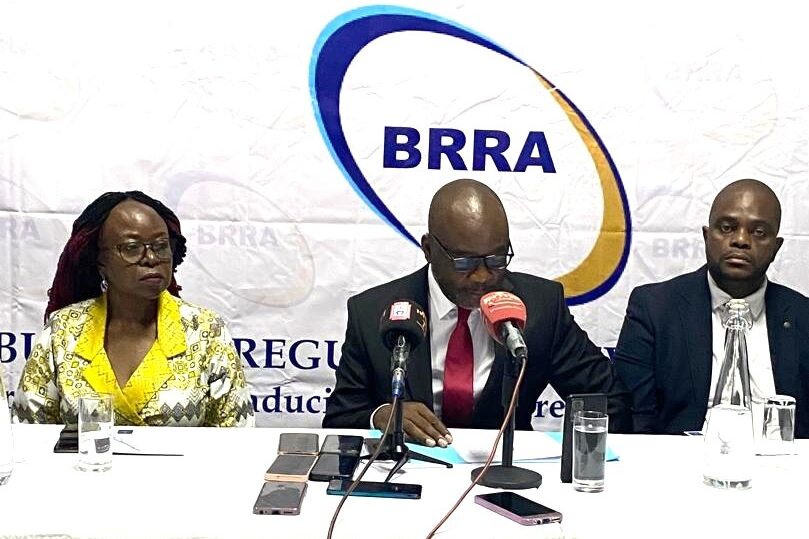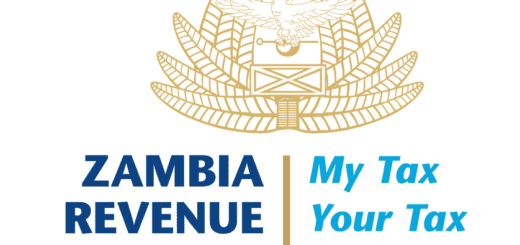BRRA Concerned Over Delays to Implement Reforms Aimed at Improving Business Enviornment
Business Regulatory Review Agency (BRRA) says notable progress has been made on the process of amending the Public Procurement Regulations No.30 of 2022, which is aimed at shortening the tendering periods.
Speaking at a media briefing in Lusaka, Agency Board Chairperson Dominic Kapalu notes that the current tendering periods have previously caused delays in the timely execution of projects, while tendering fees under the Act were also increasing the cost of doing business for Micro, Small and Medium Enterprises (MSMEs), thereby limiting their ability to take part in tenders.
Mr. Kapalu revealed that the Zambia Public Procurement Authority (ZPPA) is currently working on a Regulatory Impact Assessment (RIA) to understand the impact the proposed law will have on the country’s business environment before submitting instructions to Ministry of Justice for final drafting.
He however expressed concern over delays to implement necessary reforms proposed by the Agency in order to improve the business environment.

Mr. Kapalu highlighted the duplication of registration of contractors between National Council for Construction (NCC) and Engineering Institution of Zambia (EIZ), that aims to extend the validity period for registration of certificates from 1 to 3 years, as one such reform which has been ongoing for the past 7 and 2 years, respectively without conclusion.
“We don’t believe that making a decision, let alone amending a law should take that long. Another reform that has delayed is the revision of the (Forest Amendment), Forest Produce Fees Regulations No. 52 of 2013.”
“Honey processors have complained about high production and conveyance fees for honey and beeswax, threatening the survival of businesses and livelihood of those depend on honey. The problem has worsened to the effect that business enterprises were failing to move beeswax and honey from North-Western province to storage facilities in Lusaka and export,” Mr. Kapalu noted.
He disclosed that the Agency had recommended that the Ministry of Green Economy and Environment should issue a Statutory Instrument (SI) to suspend collection of honey production and conveyance fees and beeswax conveyance fees.
“The measure will enable processors of honey to continue doing business while the Ministry is working at comprehensively revising the Forest (Amendment) Regulations No. 52 of 2013. The Ministry of Green Economy and Environment is consulting on the matter,” he asserted.
Mr. Kapalu also revealed that there has been little progress made towards the merging of the fire certificate, health permit and business levy into one as recommended by the Agency, in order to reduce the regulatory burden and associated costs of compliance.
“The Agency conducted monitoring activities in nine districts across two provinces: Chililabombwe, Chingola, Mpongwe, Masaiti and Lufwanyama on the Copperbelt province and Luangwa, Chadiza, Mambwe and Chipata in Eastern province.”
key concerns raised by the private sector included the burdensome regulations imposed by local authorities, such as the fire certificate, public health permit, business levy and property rates. The Agency is working with relevant regulatory agencies to streamline these regulations. the Agency has continued sensitising local authorities on the need to conduct regulatory impact assessments before any review or introduction of fees and levies,” he added.
He pledged the Agency’s commitment towards ensuring that the reforms are implemented as soon as possible, in order to improve the business environment in the country.
Meanwhile, Agency Executive Director, Sharon Sichilongo emphasized that the Agency’s mandate is specifically to focus on ensuring a conducive business regulatory environment as well as to guide regulatory agencies on the most efficient and cost-effective approaches to regulating and licensing business activities.








